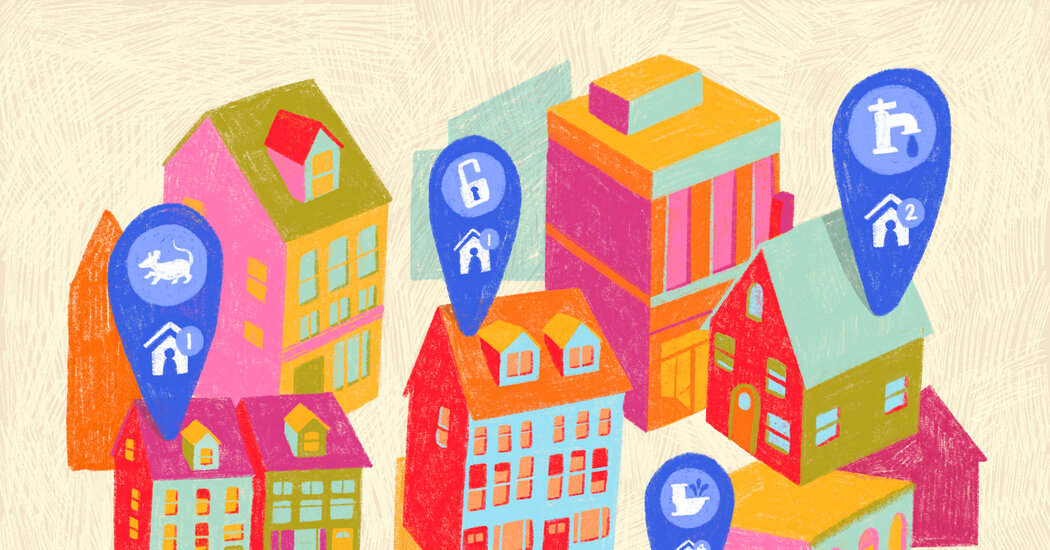Artificial intelligence is doing everything from helping landlords communicate with tenants to managing energy use.
The new maintenance coordinator at an apartment complex in Dallas has been getting kudos from tenants and colleagues for good work and late-night assistance. Previously, the eight people on the property’s staff, managing the buildings’ 814 apartments and town homes, were overworked and putting in more hours than they wanted.
Besides working overtime, the new staff member at the complex, the District at Cypress Waters, is available 24/7 to schedule repair requests and doesn’t take any time off.
That’s because the maintenance coordinator is an artificial intelligence bot that the property manager, Jason Busboom, began using last year. The bot, which sends text messages using the name Matt, takes requests and manages appointments.
The team also has Lisa, the leasing bot that answers questions from prospective tenants, and Hunter, the bot that reminds people to pay rent. Mr. Busboom chose the personalities he wanted for each A.I. assistant: Lisa is professional and informative; Matt is friendly and helpful; and Hunter is stern, needing to sound authoritative when reminding tenants to pay rent.
The technology has freed up valuable time for Mr. Busboom’s human staff, he said, and everyone is now much happier in his or her job. Before, “when someone took vacation, it was very stressful,” he added.
Chatbots — as well as other A.I. tools that can track the use of common areas and monitor energy use, aid construction management and perform other tasks — are becoming more commonplace in property management. The money and time saved by the new technologies could generate $110 billion or more in value for the real estate industry, according to a report released in 2023 by McKinsey Global Institute. But A.I.’s advances and its catapult into public consciousness have also stirred up questions about whether tenants should be informed when they’re interacting with an A.I. bot.
